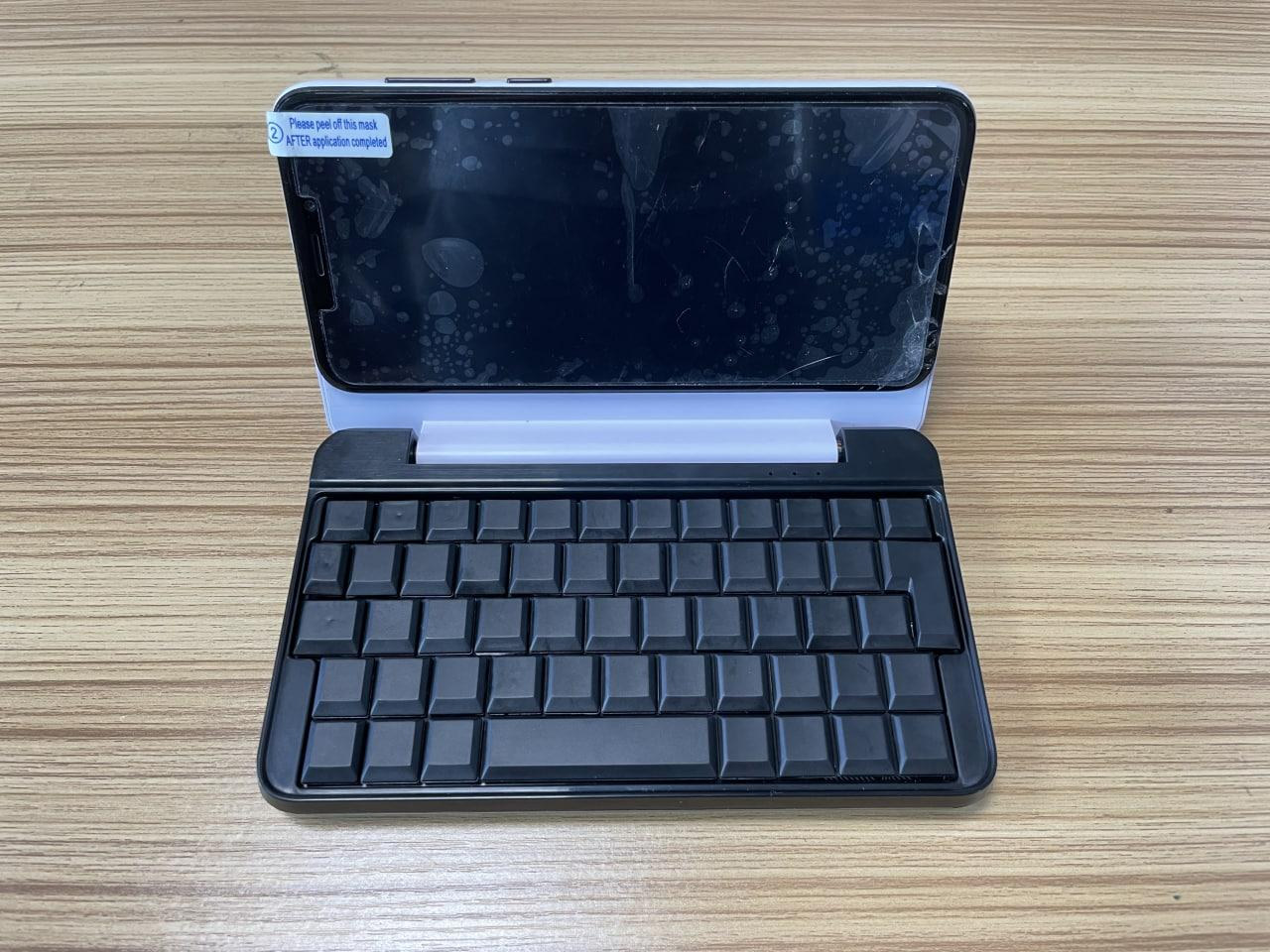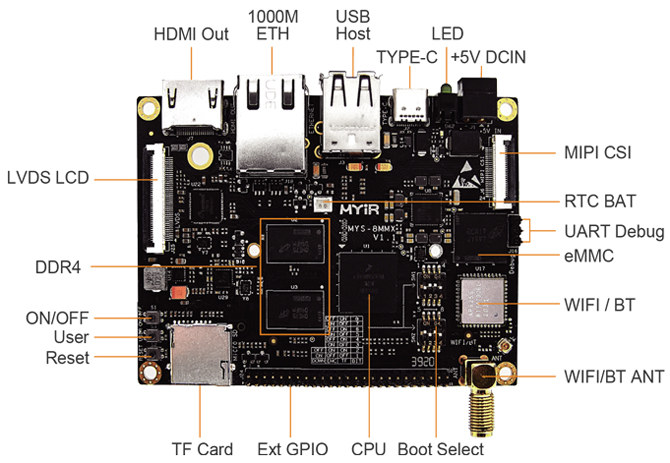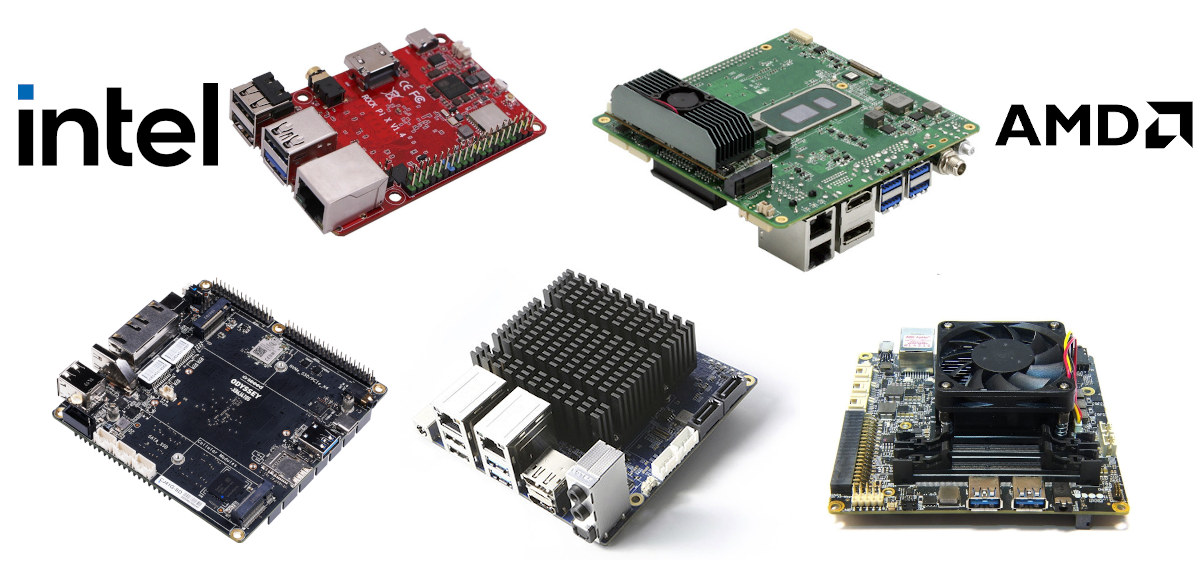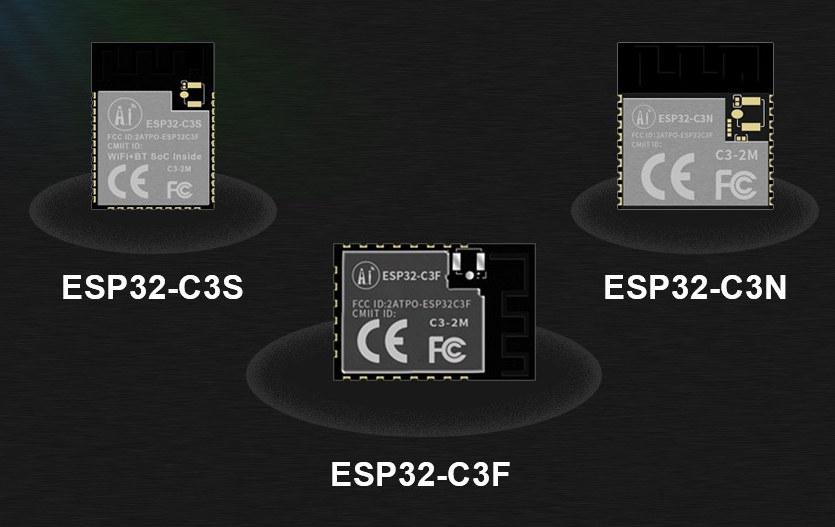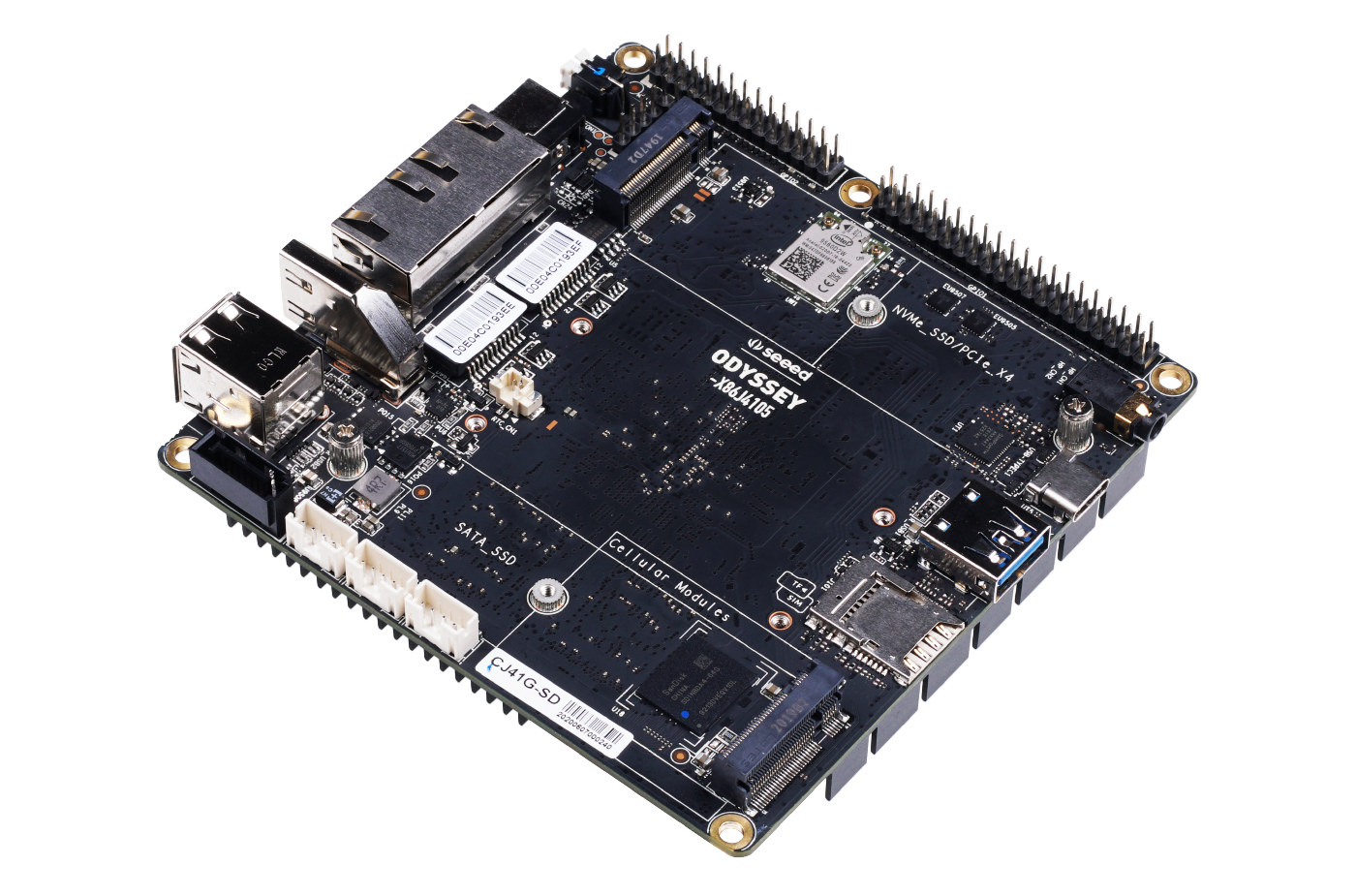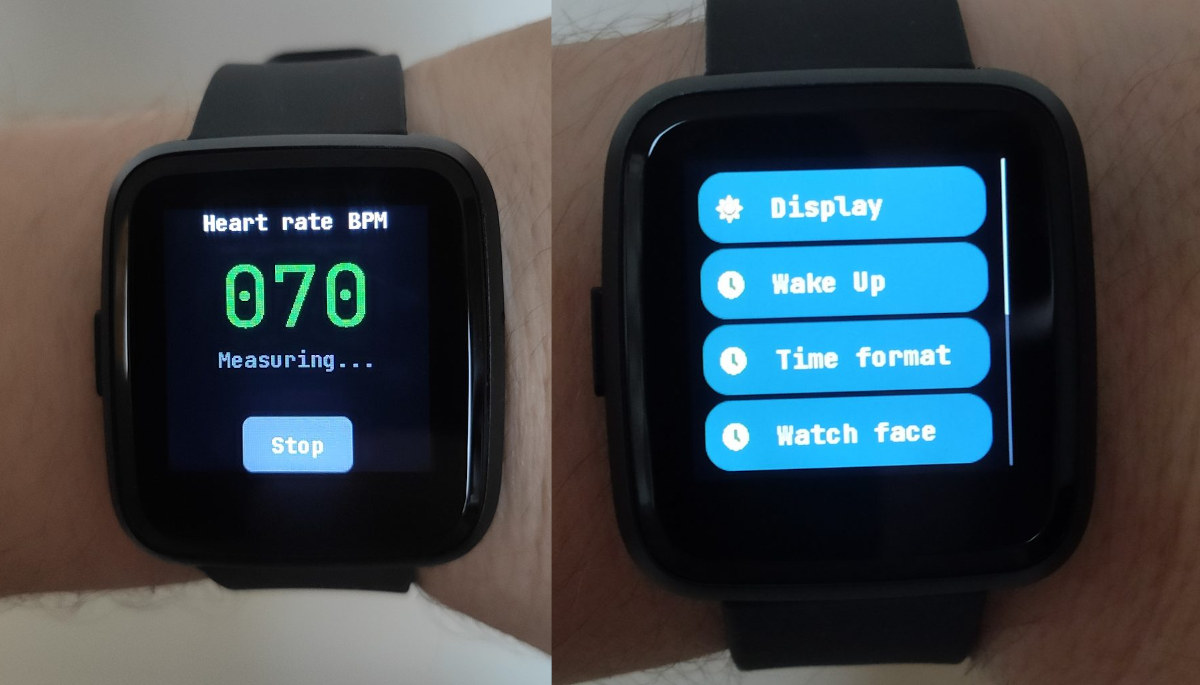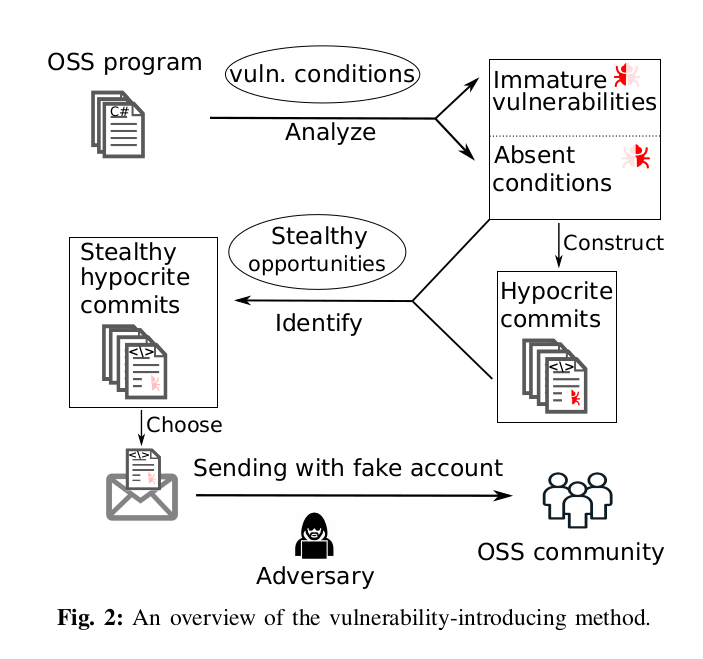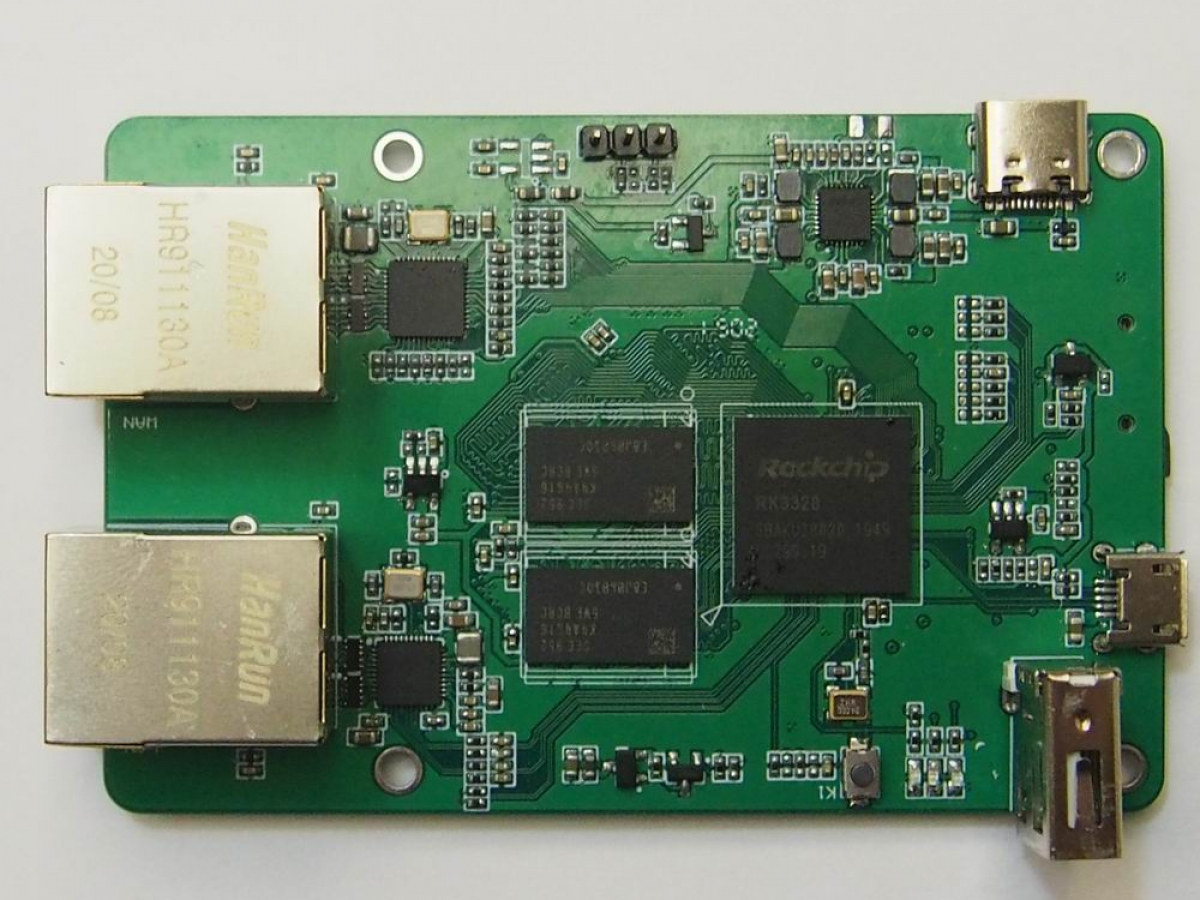Pine64 PinePhone is a popular Linux smartphone among the developers and Linux enthusiasts’ communities and some of the most popular Linux operating systems support by the phone include KDE Plasma Mobile, PostMarket OS, Manjaro, and UBports for an Ubuntu Touch like interface. But soon, you’ll be able to use your PinePhone like a portable Linux computer, a 5.95-inch mini laptop of sorts, that’s similar to the 2-in-1 Cosmo Communicator device, but at a much lower price, albeit with lower performance, thanks to PinePhone Keyboard accessory. The PinePhone Keyboard is not quite ready yet, but Lukasz Erecinski (aka Luke) has shared the progress of the latest version of the prototype, and almost looks like a finished product, albeit we’re told another revision will be made as the tolerances on the keycaps are not suitable. Here are some of the main features we can expect from the keyboard: QWERTY keyboard (by default). […]
MYS-8MMX i.MX 8M Mini SBC runs Yocto 3.0 Linux or Ubuntu 18.04
MYiR Tech has just launched MYS-8MMX single board computer powered by NXP i.MX 8M Mini Cortex-A53/Cortex-A4 processor with 2GB RAM, 8GB eMMC flash, and designed for embedded applications in areas of consumer electronics, industrial automation, smart healthcare, security monitoring, etc… thanks to its video and graphics capabilities. MYS-8MMX SBC specifications: SoC – NXP i.MX 8M Mini Quad quad-core Cortex-A53 processor @ 1.6 GHz (industrial temp.) or 1.8 GHz (commercial temp.), Arm Cortex-M4F realt-time core @ 400 MHz, Vivante 2D and 3D GPU’s, and 1080p VPU System Memory – 2GB DDR4 (supports up to 4GB) Storage – 8GB eMMC flash (supports up to 128GB), 32MB QSPI flash, MicroSD card slot, M.2 NVMe SSD support Video Output 40-pin FPC connector for LVDS & capacitive touchscreen interface 1x HDMI output up to 1080p60 Camera I/F – 24-pin FPC connector with MIPI-CSI Connectivity Gigabit Ethernet RJ45 port 2.4GHz/5GHz dual-band WiFi 5 and Bluetooth 5.0 […]
The 5 best Intel & AMD single board computers for makers
A few weeks ago, we wrote a list of what we consider to be the top 5 most powerful Arm SBC’s and development kits, and this time around we’ll cover x86 SBC’s powered by Intel or AMD processors. But this time around, instead of focusing on the most powerful x86 single board computers which would lead to unaffordable, industrial Xeon SBC’s, we’ll be looking into the 5 best boards designed for makers. That means affordable pricing, I/O headers, and community support. The list is in no particular order. Rock Pi X – x86 on the cheap If you ever wanted the cheapest possible x86 board, Atomic Pi SBC $35 price tag was hard to beat, but it was only cheap because it was sourced from a failed robotics project, and not very convenient to use. But now in 2021, the cheapest x86 SBC that can run Windows is clearly Rock […]
AI-Thinker introduces 5 ESP32-C3 modules pin compatible with ESP8266 & ESP32 modules
ESP32-C3 is the first RISC-V wireless SoC from Espressif Systems, and at the time of the initial announcement promised to cost about the same as ESP8266 but adds support for Bluetooth 5.0 LE besides 2.4 GHz WiFi, and retain software compatibility through the ESP-IDF framework. We were also told the goal was to provide ESP8266 compatible modules, and AI-Thinker has just announced five new ESP32-C3 modules compatible with earlier ESP8266 & ESP32 modules as shown in the table below. The table above is quite low resolution but that’s the best I could obtain from the company… It’s also a complete mess, not showing all alternative ESP8266 or mistaken in board sizes. So I’ll try to give a short summary of differentiating features and equivalent ESP8266/ESP32 modules: ESP32-C3F is meant to replace ESP-12F with a 24 x 16 mm form factor. It does add an IPEX connector, besides the PCB antenna. […]
ODYSSEY-X86J4125 SBC gets a faster Celeron J4125 SoC and a price increase
ODYSSEY-X86J4105 is an Intel Gemini Lake SBC designed for makers with Arduino compatibility thanks to a Microchip SAMD21 microcontroller, as well as Raspberry Pi headers. We reviewed the board and enclosure last year both with Windows 10 Enterprise and Ubuntu 20.04, and we also successfully tested the Arduino and Raspberry Pi GPIO headers with the latter. But the Intel Celeron J4105 quad-core Gemini Lake processor has been scheduled for discontinuance since last year, and the last order on January 22, 2021, and the final shipment on planned for July 9, 2021. So Seeed Studio had to find a replacement, and they’ve now launched ODYSSEY-X86J4125 single board computer with the same features, but switching to a slightly faster, and still available, Intel Celeron J4125 processor. ODYSSEY-X86J4125800 SBC specifications: SoC – Intel Celeron J4125 quad-core Gemini Lake Refresh processor @ 2.0 / 2.7 GHz (Turbo) / 2.4 GHz (Turbo all cores) with […]
InfiniTime 1.0 firmware released for PineTime smartwatch
The PineTime smartwatch was unveiled and first launched in 2019, as a low-cost, open-source wearables development kit/platform for developers wanting to work on firmware development for the Nordic nRF52 powered device. Progress was made on various solutions such as ATCwatch Arduino firmware, and as time passed, the PineTime slowly became more like an “enthusiast-grade” end-user product. This is basically what it has become with the first stable release of InfiniTime firmware, which was selected as the default firmware in September 2020. The main features of InfiniTime 1.0 firmware include: Two clock faces – digital and analog Apps – Stopwatch, music control, navigation, heart rate, as well as Paddle and 2048 games User settings – Display timeout, time format, wake up conditions OTA upgrades via an open-source bootloader based on MCUBoot Heart rate monitoring and step counting Between 3 and 5 days of battery life depending on usage Firmware based on […]
PhD students willfully committed known malicious changes to mainline Linux
We just reported about the Linux 5.12 changelog with a focus on Arm, MIPS and RISC-V targets on Tuesday, and at the time, the expectation was a delay of about one week after Linux 5.12-rc8 was outed on Sunday, April 18. But Linux 5.12 could be further delayed due to shenanigans from two Ph.D. students doing a research project on open-source vulnerability at the University of Minnesota. This was announced by Greg Kroah-Hartman on the Linux kernel mailing list. Commits from @umn.edu addresses have been found to be submitted in “bad faith” to try to test the kernel community’s ability to review “known malicious” changes. The result of these submissions can be found in a paper published at the 42nd IEEE Symposium on Security and Privacy entitled, “Open Source Insecurity: Stealthily Introducing Vulnerabilities via Hypocrite Commits” So their work at to be reverted with 190 reversions so far. It also […]
Business card-sized dual GbE SBC runs OpenWrt on Rockchip RK3328 SoC
We’ve previously reported about at least two dual GbE router boards based on Rockchip RK3328 quad-core Cortex-A53 processor with namely NanoPi R2S and Orange Pi R1 Plus. But there’s now a third option with SmartHomeBoard Pi-R2S3328-B single board computer offered in a larger business card-sized format, equipped with 1GB DDR4, and booting OpenWrt from a MicroSD card. Debian and Ubuntu are also supported according to the manufacturer. Specifications: SoC – Rockchip RK3328 quad-core Cortex-A53 @ 1.5 GHz with Arm Mali-450MP2 System Memory – 1GB DDR4 RAM (Note some photos how 2x 512MB DDR3 instead) Storage – MicroSD Slot Connectivity -2x Gigabit Ethernet RJ45 ports, one native, one USB 3.0 to GbE USB – 1x USB Type-A host port, 1x micro USB OTG port, 1x USB Type-C port for power Debugging – 3-pin 2.54mm pitch header for serial console Misc – Reset button, Sys,WAN and LAN LED’s, Power Supply – 5V/2A […]


